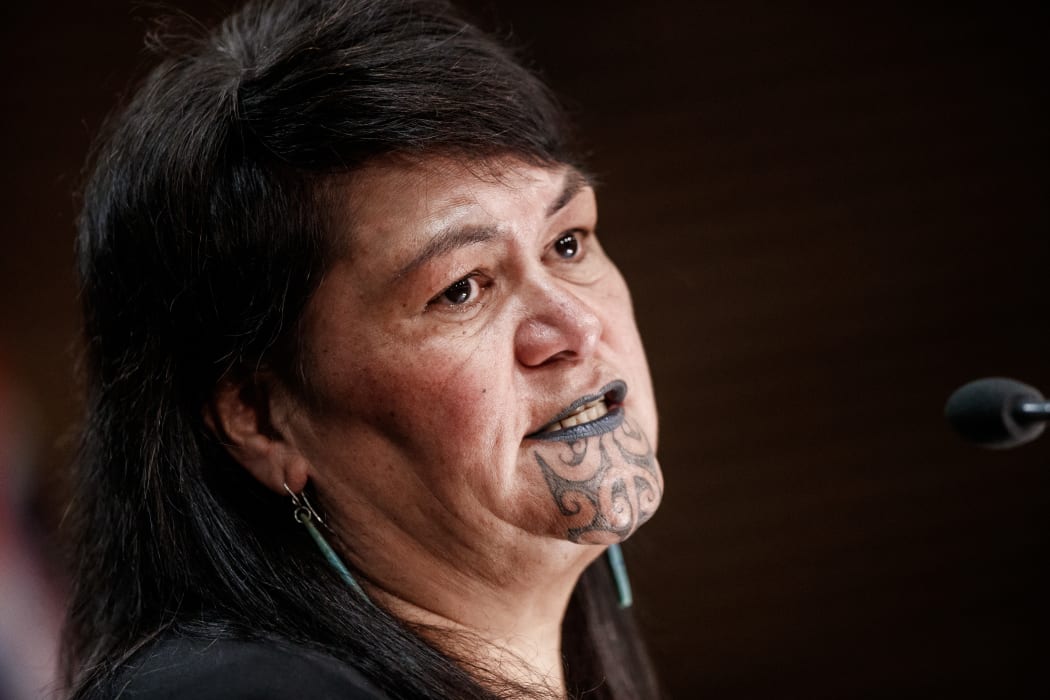The Foreign Affairs Minister says New Zealand joins the international community in calling for a de-escalation of tension on Ukraine's border where it is feared Russia's recent actions may lead to conflict.
Tens of thousands of Russian troops have started military exercises in Belarus, near Ukraine's northern border.
The US and European countries fear Russia is warming up to invade Ukraine, but the Kremlin says it's just rehearsing its defence against an attack.
Nanaia Mahuta told Checkpoint she is watching with concern what is happening on the border.
She said Aotearoa is using all "diplomatic channels available to de-escalate any tensions that may be there" to ensure we are in step with our foreign partners for a peaceful outcome.
Crisis talks are ongoing, with leaders from Britain and France trying to broker a solution.
The UK says it has intelligence showing that Russia wants to install a pro-Russia leader in Kiev and the US says it has intelligence that Russia has been sending blood supplies to the border to treat any casualties from battles.
New Zealand is receiving regular updates from its embassy in Poland as well as from the channels used by the Ministry of Foreign Affairs, Mahuta said.

Minister of Foreign Affairs Nanaia Mahuta Photo: Pool image / Robert Kitchin /Stuff
Asked to comment on how Russia has so far ignored international calls for it to de-escalate border tensions, Mahuta said several world leaders had met with Russia's leaders as well as the Ukraine government.
She is making calls to her counterparts in Europe and will also be speaking with the Ukrainian Foreign Minister.
New Zealand wants to work with like-minded partners to ensure there is no further increase in aggression or tension in the area, she said.
This country is not considering sanctions against Russia at present, even though the latter has sent 100,000 troops to the border and is conducting military exercises.
"Let me be very clear: we are in step with international partners in the way that we are responding alongside them to call for a de-escalation and we are using every diplomatic channel available to us and alongside other international partners to pursue this as a priority."
New Zealand officials have spoken with this country's Russian ambassador although she has not taken part in those talks.
Instead, she said it would be more appropriate for her to talk to the Foreign Ministers of Russia and Ukraine, which she would be pursuing. She refused to be specific on what she would be saying.
There were a number of potential outcomes to the present crisis, she said, but she preferred to focus on de-escalating tensions through diplomatic channels.
US President Joe Biden predicted earlier this week that if Russia invaded Ukraine it would be the biggest invasion since World War II and an outcome that would change the world. Mahuta said his statement was "speculative".

